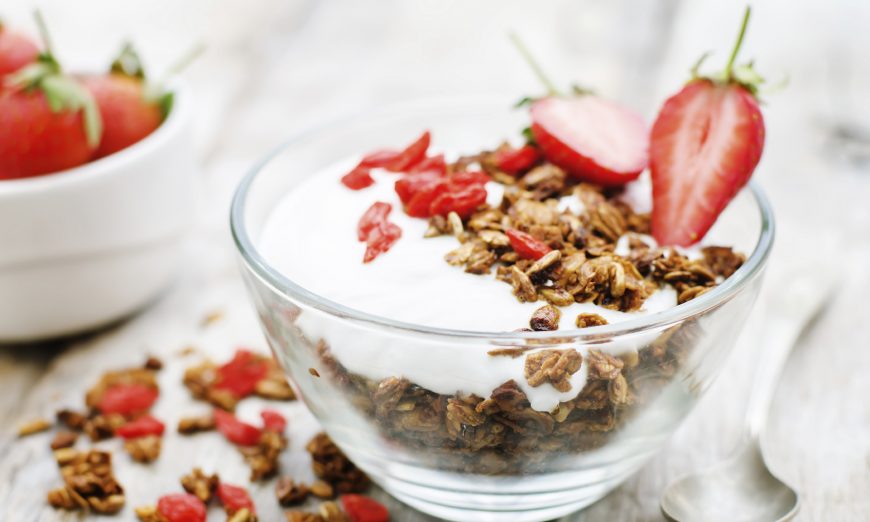At a Glance
- Researchers found several immune and hormonal differences between people with Long COVID and those without.
- The findings shed light on possible causes of Long COVID and could eventually lead to more sensitive testing and personalized treatments.

Researchers are making progress in understanding the underlying causes of Long COVID. ShowRecMedia / Shutterstock
Some people may experience chronic symptoms for months or years after an acute viral infection. Long COVID, a syndrome that develops in some people after an acute SARS-CoV-2 infection, is a prominent recent example. More than 200 Long COVID symptoms have been documented. Typical ones include extreme fatigue, cognitive impairment, post-exertional malaise, and respiratory problems. Research suggests that about one in eight people who survive an acute SARS-CoV-2 infection go on to have persistent symptoms. The processes that give rise to Long COVID remain unclear.
To shed light on the biology underlying Long COVID, a research team with NIH funding, partly through the RECOVER(link is external) Initiative, conducted a study of more than 250 people. The participants included people who had been infected with SARS-CoV-2 and uninfected people. Among those who had been infected, some had Long COVID and some did not. The researchers measured levels of various immune cells and markers in the participants’ blood. They also measured antibody responses to SARS-CoV-2 and a range of other viruses. The results appeared in Nature on September 25, 2023.
The team found significant differences in the immune cells of participants with and without Long COVID. Those with Long COVID had higher levels of cells called non-conventional monocytes and activated B lymphocytes. They had lower levels of type 1 conventional dendritic cells and central memory T cells. These differences did not depend on age, sex, or body mass index. Participants with Long COVID also had different levels of immune signaling molecules.
Participants with Long COVID had much stronger antibody responses against the SARS-CoV-2 spike protein than those without Long COVID. They also had much stronger responses to an unrelated virus, Epstein-Barr virus (EBV). EBV is a common herpesvirus that causes mononucleosis. After infection, it remains latent in the body and can sometimes reactivate. The higher levels of antibodies to EBV suggest recent reactivation of this virus.
When the researchers used machine learning to identify which features could best predict Long COVID status, they found that the strongest predictor was the stress hormone cortisol. People with Long COVID had much lower cortisol levels than those without. Other strong predictors of Long COVID included elevated levels of a protein called galectin-1, elevated antibodies against EBV, and reduced levels of certain immune cells.
These findings identify potential biomarkers that could help with diagnosing Long COVID. They also suggest possible mechanisms that contribute to Long COVID. These include a lingering presence of SARS-CoV-2 components in the body, reactivation of latent EBV, and chronic inflammation.
“These findings are important,” says Dr. David Putrino of the Icahn School of Medicine at Mount Sinai, one of the senior authors. “They can inform more sensitive testing for Long COVID patients and personalized treatments for Long COVID that have, until now, not had a proven scientific rationale. This is a decisive step forward in the development of valid and reliable blood testing protocols for Long COVID.”
Dr. Akiko Iwasaki of the Yale University School of Medicine, another senior author, says, “These findings tell us something about the underlying disease pathogenesis of Long COVID and suggest potential paths for therapy.”
